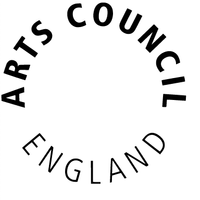Altered Landscapes
delGado travelled to Greece, Macedonia and Calais to record the journeys taken by refugees, not filming these ‘invisible’ people, but the places they have passed through. Traces of their presence remain on the landscape. The narrative of the film builds between stillness and movement; the imagery appears to be photographs, but looking closely, we notice that this is not a montage of images, but rather a series of shots in which the environment is almost completely still. The film reveals nature in it’s raw beauty; as a shifting array of textures, colours and sounds. The scenes are eerily charged with the presence of moving bodies, which remain invisible to us. The film centres on a personal diary from a narrator, a European subject, who is describing how his human identity is gradually being transformed into something else, as a response to the suffering he is viewing. The narrator describes how after seeing himself in the mirror, he has noticed a change in his body; his skin is turning coarse, it is itching. His anxiety grows as we continue to see images of landscapes and the cities that seem to be those found on the journeys taken by fleeing travellers.

